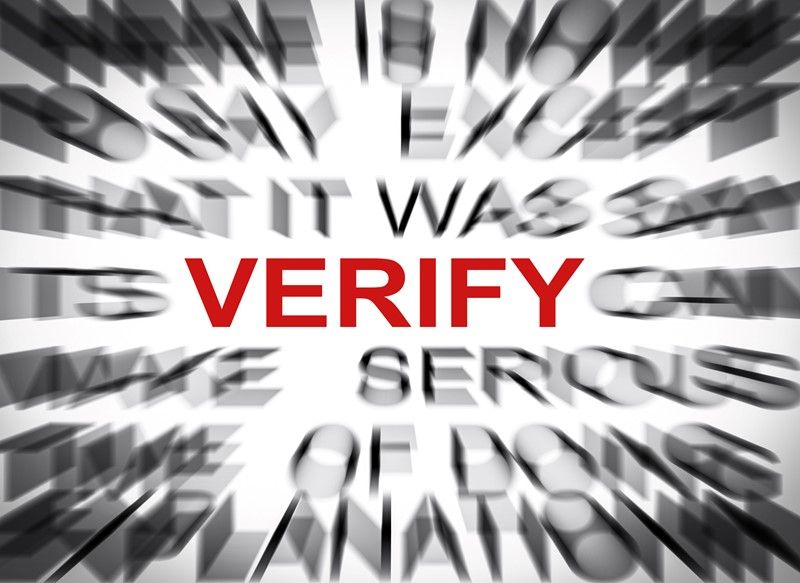Do you have additional income streams?
Side income over £1,000 may mean filing a tax return. HMRC is urging part-time earners to check their tax position for 2024–25, especially if they earn from casual work, renting, or crypto.
If you are earning extra income it is important to be aware of the tax implications.
The good news is there are two £1,000 tax allowances available for small amounts of miscellaneous income. The first is for property income and the second is for trading income. If you have both types of income, you can claim £1,000 for each.
- Trading Allowance: If you make up to £1,000 from self-employment, casual services (like babysitting or gardening), or renting out personal equipment (such as power tools), this income is tax-free and doesn’t need to be declared.
- Property Allowance: If you earn £1,000 or less from property-related activities (like renting out a driveway), you don’t need to report it to HMRC or include it in your tax return.
These allowances cover all relevant income before expenses. If your income is under £1,000, it’s tax-free. If you earn more than £1,000, you can choose to either deduct the £1,000 allowance from your income or list your actual expenses when calculating your taxable profit.
However, if your part-time income exceeds £1,000 in a tax year, you may need to complete a self-assessment tax return. This includes gains or income received from cryptoassets. Keep in mind this only applies if you are actively trading or selling services. If you are just clearing out personal possessions by selling them, there is usually no need to worry about tax.
If you are required to submit a tax return for the 2024-25 tax year, then the deadline to submit a tax return online and pay any tax owed is 31 January 2026.




